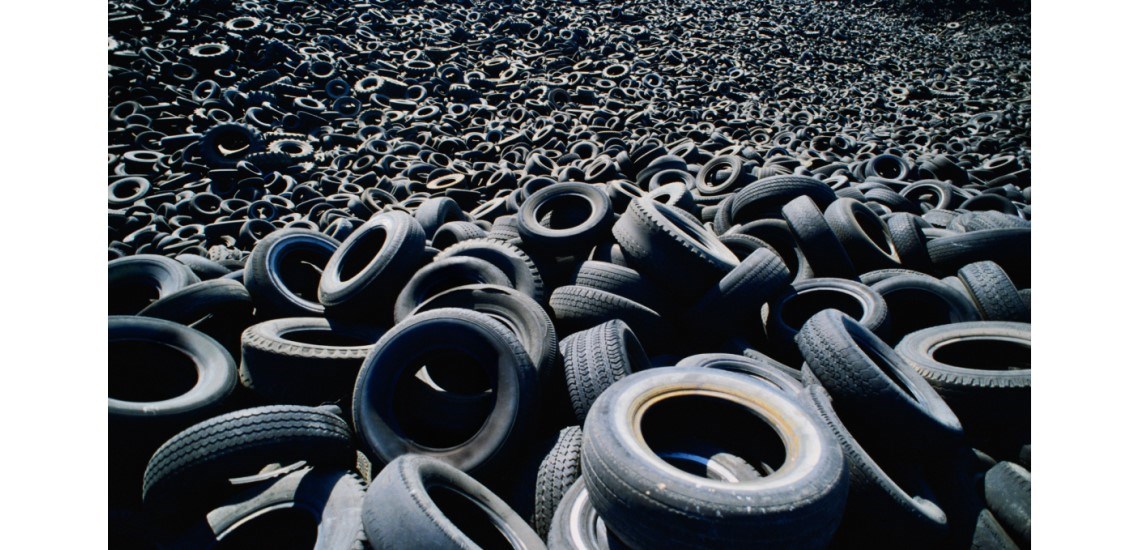Lobbying from the tyre industry is putting proposed regulations on waste tyres under threat, Ireland’s leading environmental NGOs have said.
Lobbying to Address Fears of Weakened Tyre Regulation
The Environmental Pillar – an advocacy coalition of 26 national environmental NGOs – has alleged that the Joint Oireachtas Committee on the Environment is being lobbied by the tyre industry to block or water down the regulation.
In a letter sent to the Committee, the Pillar outlined its “opposition” to this approach, which it says is “designed to delay this essential legislation in the hope that it will never be enacted”.
Environment Minister Denis Naughten, recently signed regulations to establish a compliance scheme for tyre operators. The new regulations will establish a visible Environmental Management Cost (vEMC) per tyre that will go directly towards used tyre collection, transport and disposal.
Under the new regulations, tyre operators will also have to provide data on the numbers of tyres coming on and off the market.
In the letter sent to representatives, the Pillar called on the Committee to give the new regulations their full support and to also push for even stronger regulations.
The Pillar is calling for an independent body to be established “to ensure transparent data and tracking management” and a “more robust enforcement environment” to ensure strict end of life management.
“We believe that the industry is not in the position to create a transparent licensing and tracking system to ensure the proper treatment (either through recycling, recovery or disposal) of used tyres given their past history,” the letter continues.
Tyre recycling facilities in Ireland are limited. Crumb Rubber Ireland, has been placed in liquidation, leaving Crossmore Tyres in Cork as the only tyre recycler in the Republic of Ireland. As a result, according to Pillar, used tyres are shipped to the UK or Europe for disposal or dumped illegally in Ireland.
The number of illegally dumped tyres scattered across the country is conservatively estimated to be around 750,000, with 35,000 tonnes of waste tyres generated annually.

















